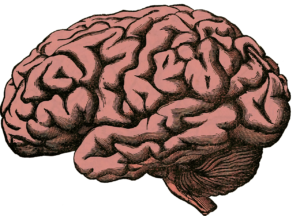ASHEVILLE, NC – January 11, 2023 – Americans enjoy watching televised sporting events; however, during this NFL season, viewers have been watching the drama of two injured football players, Tua Tagovailoa (a quarterback for the Miami Dolphins) and Damar Hamlin (a safety for the Buffalo Bills). Tagovailoa has been battling the effects of 3 concussions since September 25th. On January 2nd, Hamlin had a severe cardiac arrest from commotio cordis, a rare but frequently fatal condition that can occur after blunt trauma to the chest. Both players are now recovering from their injuries. No one knows if they will ever play again.
Many injuries are sport-specific and may be related to contact. Acute musculoskeletal injuries are common in all sports and are the most recognizable injury. Traumatic brain injuries, like concussions, are less common, associated with collision and contact sports, and are more frequently diagnosed. Post-concussive syndrome may include headaches, dizziness and ‘brain fog’. Repeat injury may increase the risk of developing long-term neurologic impairment like chronic traumatic encephalopathy (CTE). Injuries to the heart like commotio cordis are rare; fewer than 30 cases a year are reported. However, they are more frequently recognized. Survival rates are better with immediate access to treatment with an automated external defibrillator (AED). Following resuscitation, the athlete will need an evaluation for underlying heart conditions and cardiac damage.
Rules can lessen the risk of injury in organized sports.
• Protective equipment should include the most effective high-tech helmets for football players. Chest wall protectors for youth baseball and hockey players and age-appropriate baseballs and pucks have been recommended by the American Heart Association and the American College of Cardiology.
• There are penalties for injury-threatening physical contact in games.
• Screening physicals are required.
• Trained medical personal are at every high school, college and professional sporting event.
The medical team must have the ability to take care of musculoskeletal, brain and heart injuries in order to expedite care and improve outcomes. The frequency and severity of concussions can be reduced through early detection and screening. Having an athlete resume sports too soon after a concussion can result in brain damage. With the rising awareness of sports injuries like commotio cordis, there is a movement for the medical team to have a well-equipped CPR cart with an AED when they are at a sporting event and including attendance at youth baseball and hockey games where these injuries are more likely to occur.
Listen to the full report below:
Contact: Dick Needleman, Health reporter, 103.3 AshevilleFM, [email protected]
More Posts for Show: Asheville FM News Hour
